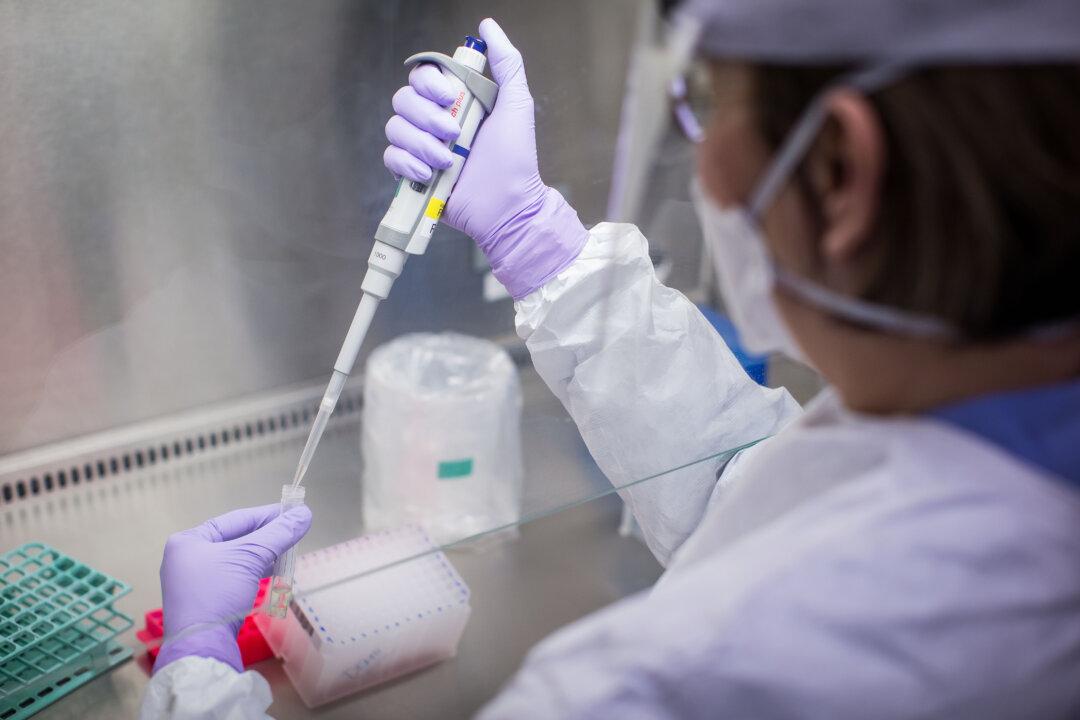Customers of LifeLabs prior to Dec. 17, 2019, may be eligible for a cash settlement from a class action lawsuit, the laboratory company announced on Aug. 10.
LifeLabs, based in Toronto, provides lab testing services to Canadians in Ontario, British Columbia, and Saskatchewan. It is one of Canada’s largest providers of medical laboratory testing, according to court documents. It carries out more than 100 million lab tests from about 20 million patient visits each year and employs 5,700 employees.





